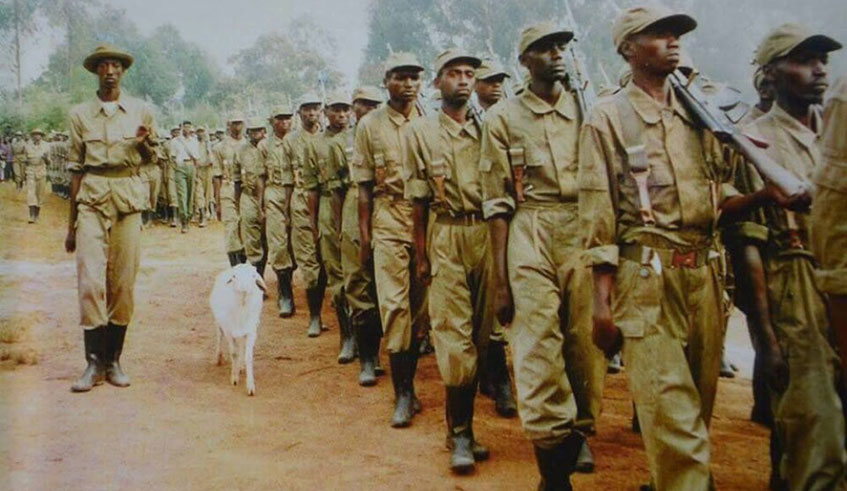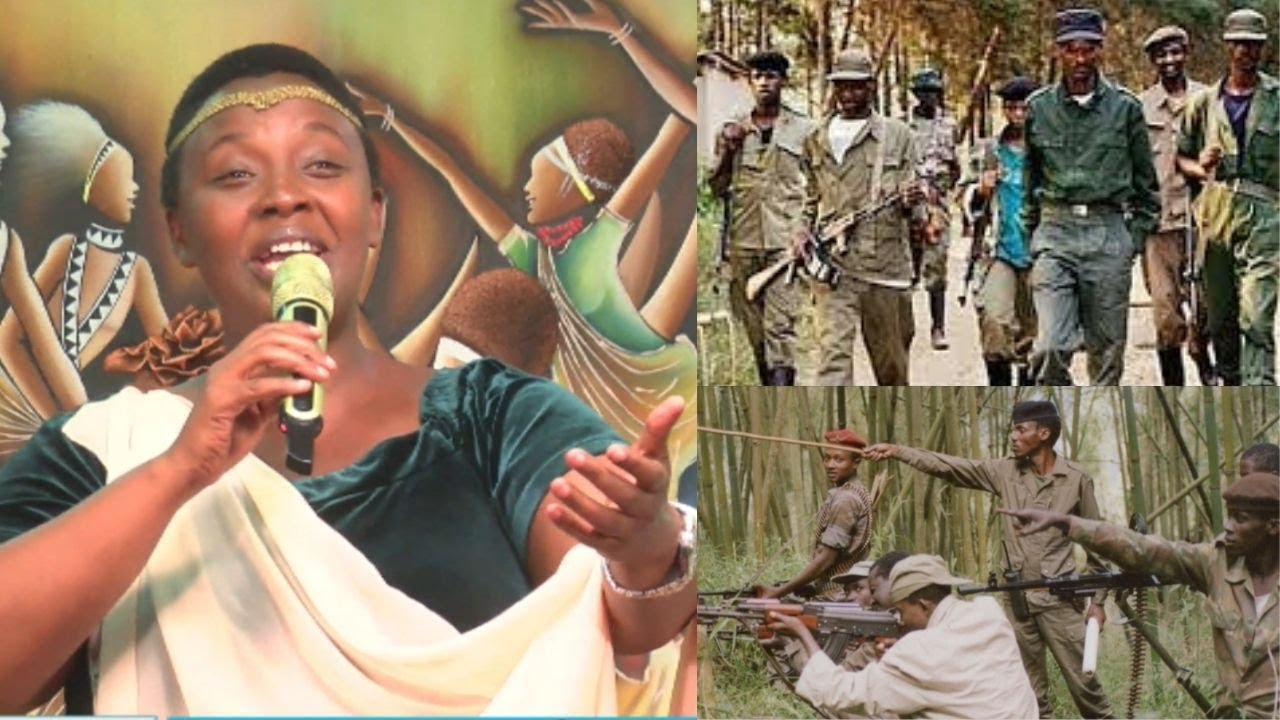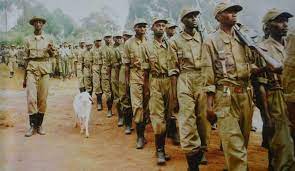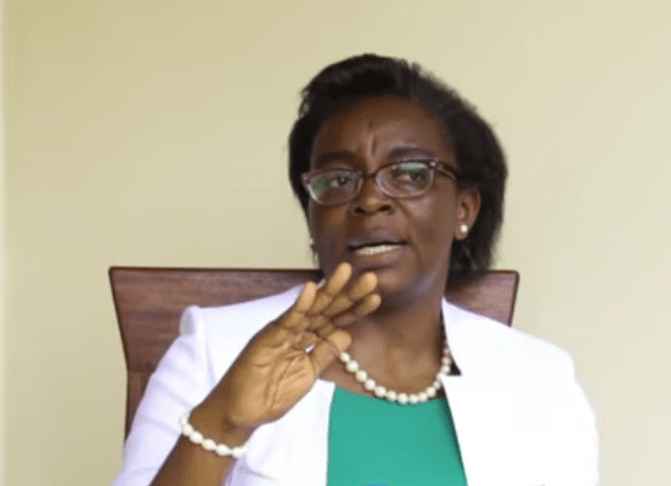Regional
Celebrating the women who liberated Rwanda
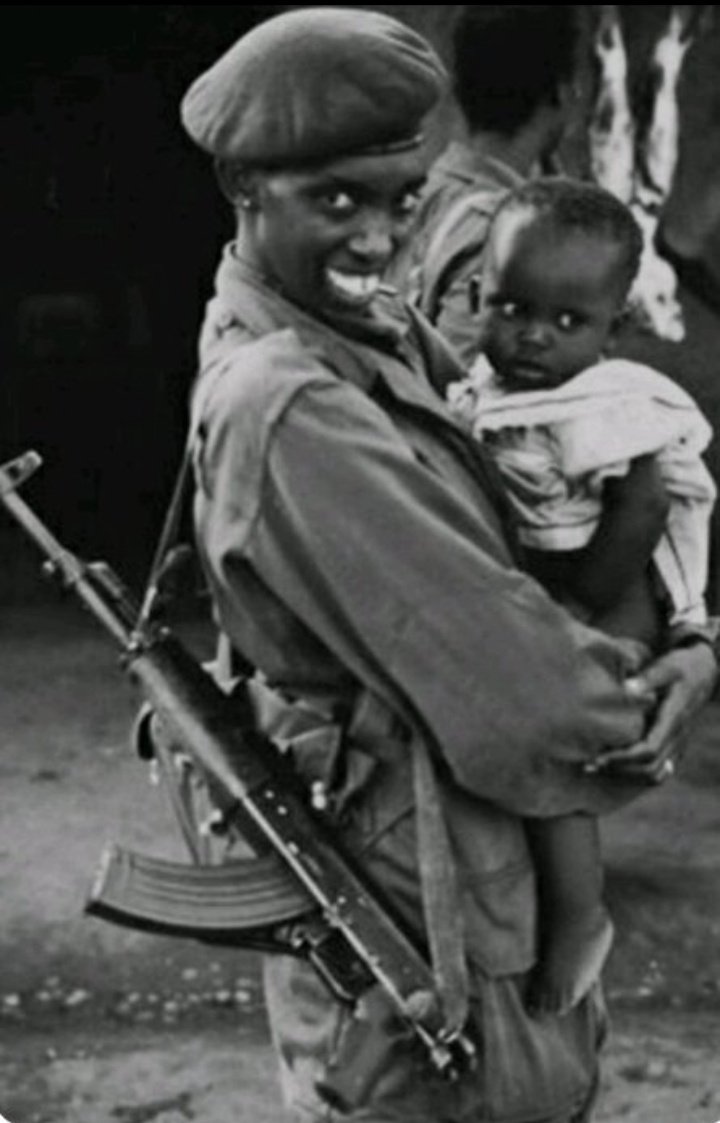
A
photo of a gun-toting, military clad, Lt-Col (Rtd) Rose Kabuye holding a little
baby who had just been removed from dead bodies during the 1994 Genocide
against the Tutsi, is perhaps one of the most outstanding images of the
contribution of Rwandan women to the liberation struggle.
Every
year, on July 4, Rwanda celebrates Liberation Day, the day the Rwanda Patriotic
Front stopped the Genocide against the Tutsi, and fully liberated the nation
from a genocidal regime.
Related: Rwanda’s 28 year journey: The true meaning
of liberation
The
role of women fighters in the battle to liberate Rwanda cannot be
overemphasized. July 4 is a day to celebrate these brave women who were at the
forefront of liberating the country.
The
women fought alongside men; carried guns and braved enemy fire. Women actively
participated in the Arusha peace talks. Others mobilized the much needed resources
for the liberation struggle, while the rest stayed home and deliberately took
good care of their families, raising the Rwandan leaders we see today.
During
the liberation struggle, walking day and night on rocks and in expansive jungle
and plantations were women who had left their homes to fight on the frontline
with their brothers. Some like Lt Col Lydia Bagwaneza, Lt-Col (Rtd) Rose
Kabuye, Sgt (Rtd) Annet Komuranga and Cpl (Rtd) Betty Kabana, lived to tell the
tales of the struggle, and how they had the courage to navigate them. They are
now inspiring the youth, especially young girls.
Related: Patriotism: A generational challenge to
Rwanda’s youth
Beyond
the battle field were other women mobilizing, negotiating and organising fundraising
campaigns for the RPF. The late Aloysia Inyumba organized a covert but
successful fundraising campaign in Africa, Europe and North America. Inyumba
argued that even the poorest could contribute by knitting blankets for RPA
soldiers. She persuaded women to give their jewelry and men to leave their
shoes.
She
was extremely frugal and through these contributions, she spotted affordable army
uniform in eastern Germany and travelled to Berlin to negotiate and buy.
But
perhaps the most under celebrated women were the wives, mothers, sisters and
care givers of the RPA soldiers. These women took good care of their families
when their sons, brothers and husbands were at war. They supported one another
when they lost loved ones. However, little is known about some of the peculiar
challenges that they encountered and how they overcame them.
The
list of all these courageous women is not exhaustive.
Close
to three decades later we are celebrating their achievements.


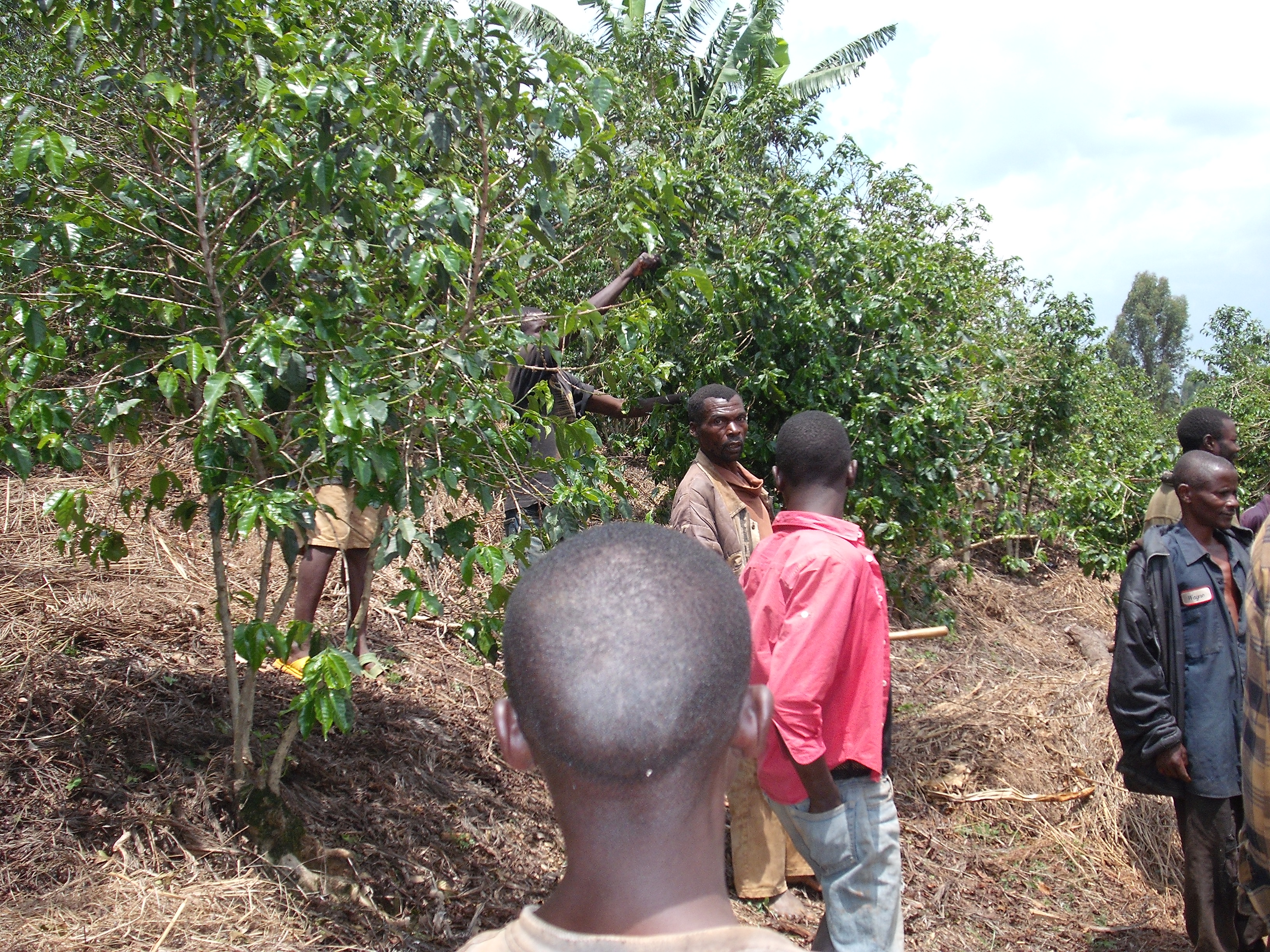
.jpeg-20230703062745000000.jpeg)
.jpg-20220704102136000000.jpg)
.jpg-20220704104610000000.jpg)
